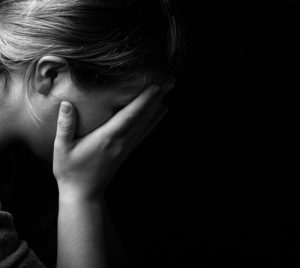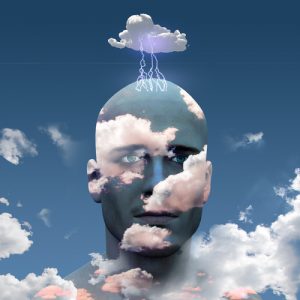When loss occurs, acute grief is the result. The process of mourning the loss takes time but eventually leads to a state of integrated grief, where the loss still stings but one is adjusted to the loss in a healthy way. When this adaptation does not happen, complicated grief can occur and higher levels of professional help may be needed. Grief Counselors who are not licensed counselors can help with the acute grief phase, but if one finds themselves falling into complicated grief, then they should seek licensed counseling. Some licensed counselors may also be Grief Certified, which is even better.

Prolonged grief disorder persists and sometimes can be confused with major depressive disorder. It takes a very astute clinician to watch the details and understand the how one can easily fall into the other.
The article, “Bereavement and Depression” by Abigale Clark looks closer at grief, loss and depression. She states,
“Clinicians must carefully distinguish between grief, PGD, and MDD. A disorder that can occur when the natural grieving process is derailed, PGD is a painful and debilitating condition that can last for years in the absence of PGD-focused treatment. For PGD, the treatment of choice is either providing evidence-based PGD therapy or making a referral to a grief specialist. The aim is to provide support for healthy lifestyle and activities while also treating potential co-occuring conditions. If a bereavement specialist is not available, grief-informed clinical management can be enormously helpful.”
To read the entire article, please click here
Please also review AIHCP’s Grief Counseling Certification and see if it meets your academic and professional goals. The program is online and independent study and open to qualified professionals seeking a four year certification as a grief counselor.







